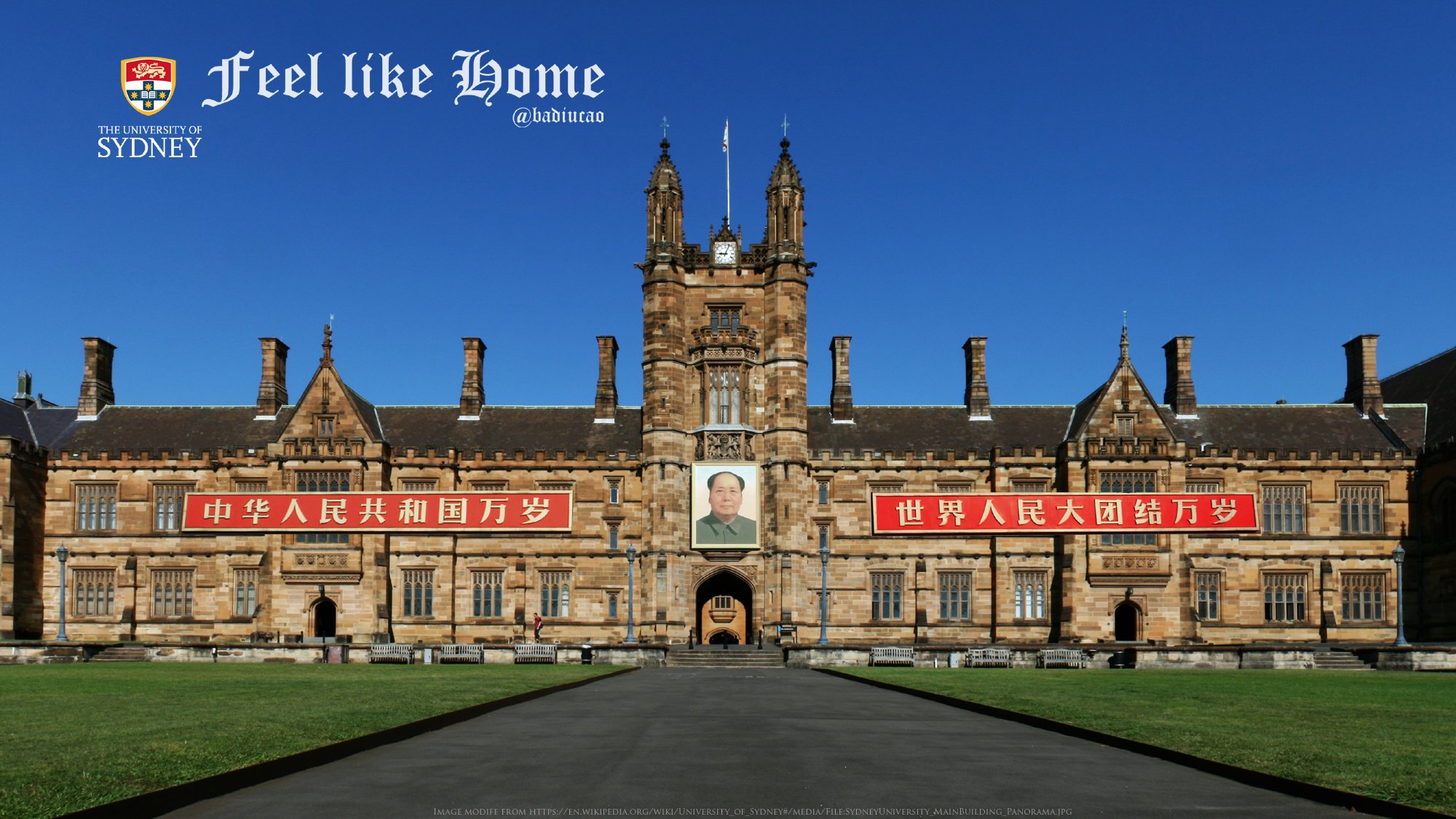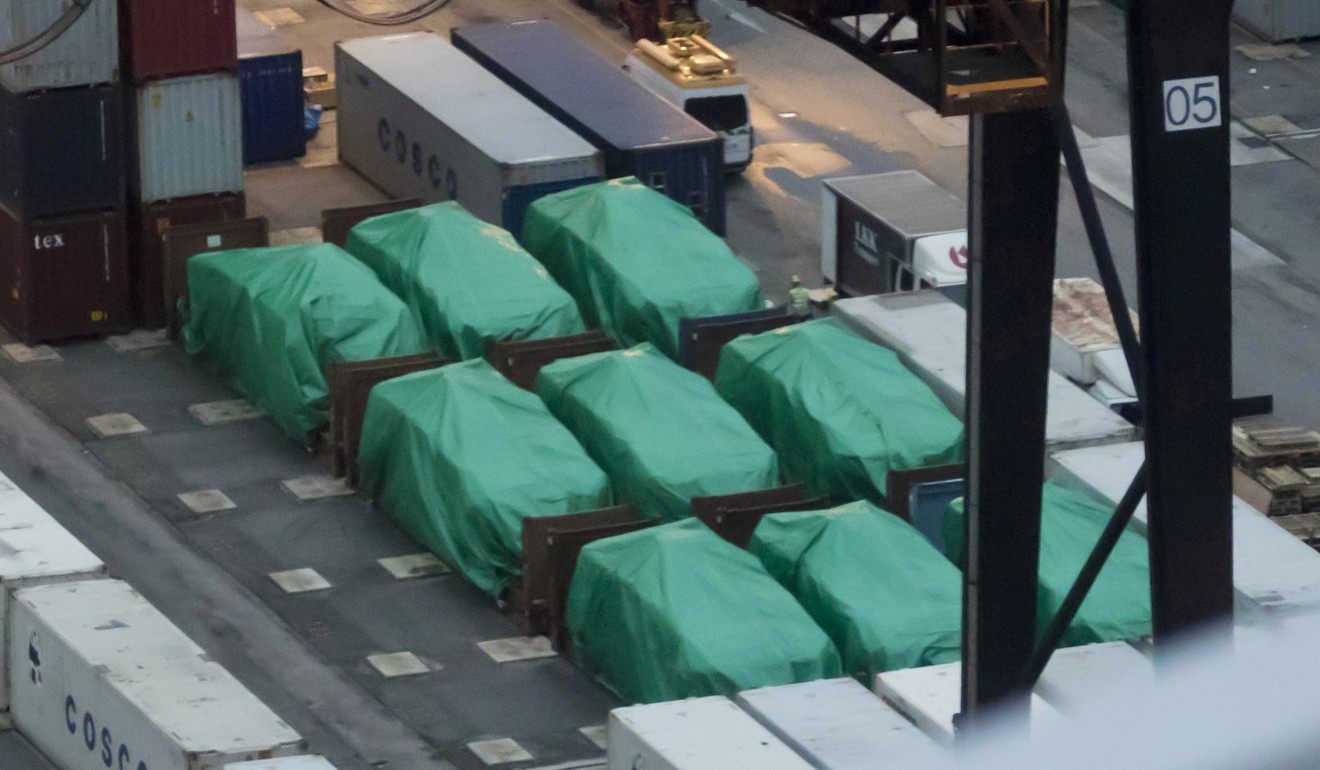By Spencer S. Hsu
Candace Marie Claiborne, member of Hillary Clinton’s inner circle arrested, charged with treason

A view of the U.S. State Department.
The list of gifts given from Chinese agents to Claiborne and “co-conspirator A”
A veteran State Department office manager pleaded guilty Wednesday to hiding extensive contacts with two Chinese intelligence agents who showered her with tens of thousands of dollars in gifts as they asked for diplomatic and economic information.
Candace Claiborne, 63, pleaded guilty to a reduced charge of conspiring to defraud the United States by repeatedly covering up foreign intelligence contacts over more than five years.
She was required to report the contacts because of her top-secret security clearance.
Because the lies allowed Claiborne to keep her job and salary, prosecutors calculated the scheme netted Claiborne the equivalent of $550,000, and both sides in a plea agreement said Claiborne faces a maximum five-year prison term at sentencing July 9.
U.S. authorities did not describe any of the material passed on by Claiborne as classified.
Because the lies allowed Claiborne to keep her job and salary, prosecutors calculated the scheme netted Claiborne the equivalent of $550,000, and both sides in a plea agreement said Claiborne faces a maximum five-year prison term at sentencing July 9.
U.S. authorities did not describe any of the material passed on by Claiborne as classified.
However, they said she responded to requests for internal U.S. government information “that would provide an advantage to Chinese officials” in ongoing economic talks between the two countries, and failed to report her exposure to foreign contacts that could subject her “to coercion, influence, or pressure” to compromise U.S. national security.
The Justice Department said from 2011 to 2016, two intelligence agents for the People’s Republic of China gave Claiborne’s family $20,000 in cash, electronics, trips, an apartment and tuition for a young relative at a Chinese fashion school.
“Ms. Claiborne... is everything in the statement of facts true and correct?” U.S. District Judge Randolph D. Moss asked in a 45-minute plea hearing in Washington.
“Yes, your honor,” said Claiborne, wiping a tear from her eye after pleading guilty.
Prosecutors agreed to drop counts of felony obstruction, lying to the FBI and wire fraud.
The case comes as U.S. officials have called Chinese economic espionage the nation’s most severe counterintelligence threat, and mounted a string of espionage and trade-secret prosecutions.
Claiborne had worked at the State Department since 1999, including overseas postings in Iraq, Sudan and China, and as an office manager for the minister of public affairs for the U.S. Embassy in Beijing.
Since her March 29, 2017, arrest, Claiborne, who is from Northwest Washington, has spent 10 months under house arrest, then a release to the community with high-intensity supervision including electronic monitoring.
The Justice Department said from 2011 to 2016, two intelligence agents for the People’s Republic of China gave Claiborne’s family $20,000 in cash, electronics, trips, an apartment and tuition for a young relative at a Chinese fashion school.
“Ms. Claiborne... is everything in the statement of facts true and correct?” U.S. District Judge Randolph D. Moss asked in a 45-minute plea hearing in Washington.
“Yes, your honor,” said Claiborne, wiping a tear from her eye after pleading guilty.
Prosecutors agreed to drop counts of felony obstruction, lying to the FBI and wire fraud.
The case comes as U.S. officials have called Chinese economic espionage the nation’s most severe counterintelligence threat, and mounted a string of espionage and trade-secret prosecutions.
Claiborne had worked at the State Department since 1999, including overseas postings in Iraq, Sudan and China, and as an office manager for the minister of public affairs for the U.S. Embassy in Beijing.
Since her March 29, 2017, arrest, Claiborne, who is from Northwest Washington, has spent 10 months under house arrest, then a release to the community with high-intensity supervision including electronic monitoring.
She will remain under those conditions until she is due to report to jail June 5, the day after the end of Ramadan, Moss said, according to the plea deal.
Claiborne and two conspirators described as agents of the Chinese Ministry of State Security in Shanghai “conspired to hide their close and continuing connections” and gifts to keep Claiborne employed and able “to supply internal State Department information,” Assistant U.S. Attorney Thomas A. Gillice of the District told the court.
“They carried this out through lies spoken and written, and through deletions of relevant communications, contact and gifts,” said Gillice, who handled the case with Justice Department national security division prosecutors.
In a 24-page statement of facts agreed to by both sides, Claiborne admitted that one agent asked her to provide internal U.S. analyses of economic talks with China in 2011, and wired her bank account nearly $2,500.
After Claiborne responded with publicly available information, the agent replied, “What they are looking for is what they cannot find on Internet.”
The agent, who was not named but was described as an importer and exporter who runs a spa and restaurant in Shanghai and has known Claiborne since 2007, added, “If you find something next time don’t send them by email bcs others also can catch it with Internet.”
In 2012, Claiborne met every month or so with the two agents after they requested internal information on upcoming meetings or visits between U.S. and Chinese officials, dialogues or plans.
Claiborne believed the pair to be agents of the Chinese government, and would turn over envelopes containing State Department cables, white papers or other nonpublic documents that she had searched for.
Claiborne and two conspirators described as agents of the Chinese Ministry of State Security in Shanghai “conspired to hide their close and continuing connections” and gifts to keep Claiborne employed and able “to supply internal State Department information,” Assistant U.S. Attorney Thomas A. Gillice of the District told the court.
“They carried this out through lies spoken and written, and through deletions of relevant communications, contact and gifts,” said Gillice, who handled the case with Justice Department national security division prosecutors.
In a 24-page statement of facts agreed to by both sides, Claiborne admitted that one agent asked her to provide internal U.S. analyses of economic talks with China in 2011, and wired her bank account nearly $2,500.
After Claiborne responded with publicly available information, the agent replied, “What they are looking for is what they cannot find on Internet.”
The agent, who was not named but was described as an importer and exporter who runs a spa and restaurant in Shanghai and has known Claiborne since 2007, added, “If you find something next time don’t send them by email bcs others also can catch it with Internet.”
In 2012, Claiborne met every month or so with the two agents after they requested internal information on upcoming meetings or visits between U.S. and Chinese officials, dialogues or plans.
Claiborne believed the pair to be agents of the Chinese government, and would turn over envelopes containing State Department cables, white papers or other nonpublic documents that she had searched for.
In return, she would receive an envelope with Chinese currency, according to plea documents.
Other gifts went mainly to an unidentified younger family member who lived with Claiborne, including tickets to the United States and Thailand, one year’s tuition and a job, court filings said.
Claiborne, who appeared in court with seven supporters who declined to comment after the hearing, has no criminal record, the judge said.
Other gifts went mainly to an unidentified younger family member who lived with Claiborne, including tickets to the United States and Thailand, one year’s tuition and a job, court filings said.
Claiborne, who appeared in court with seven supporters who declined to comment after the hearing, has no criminal record, the judge said.






